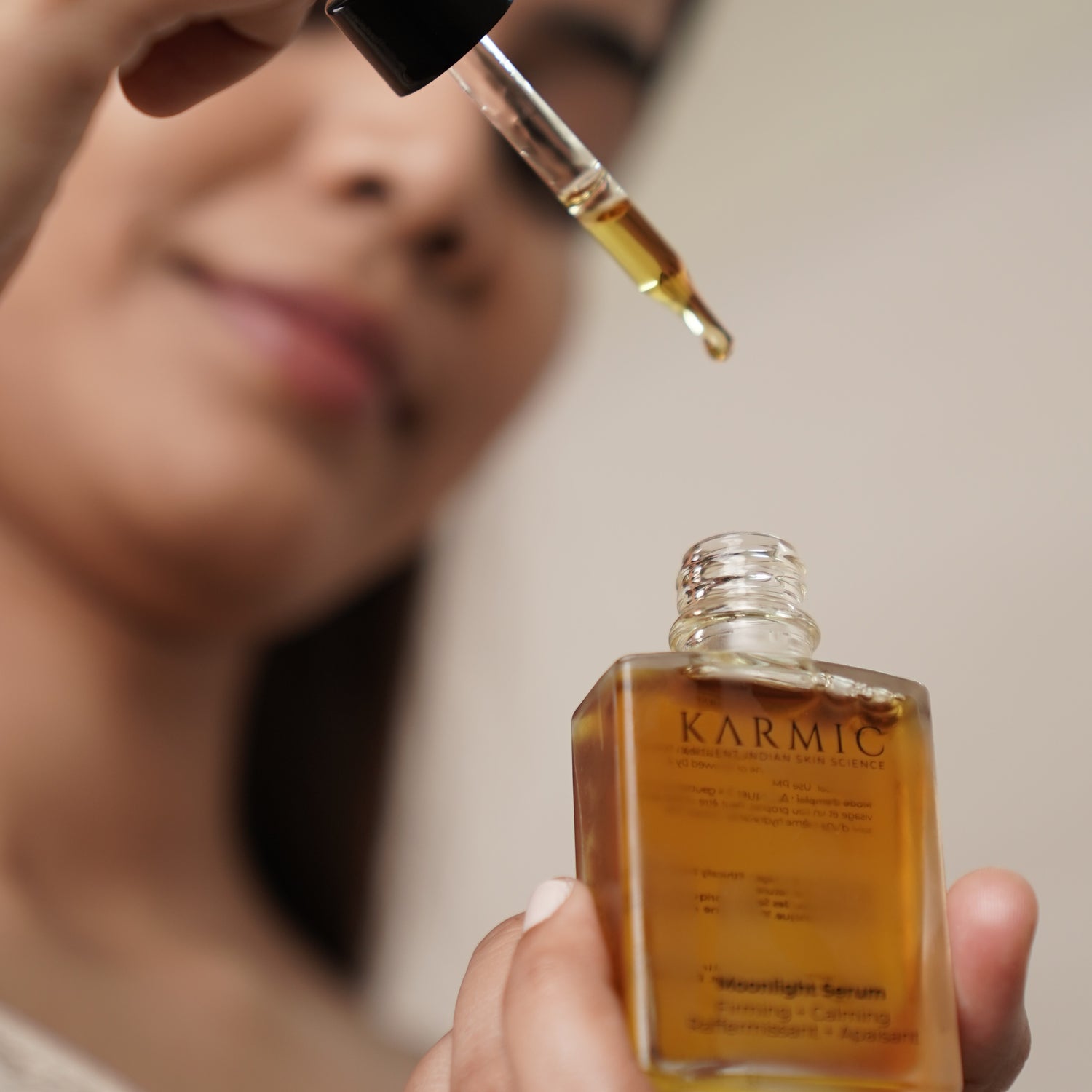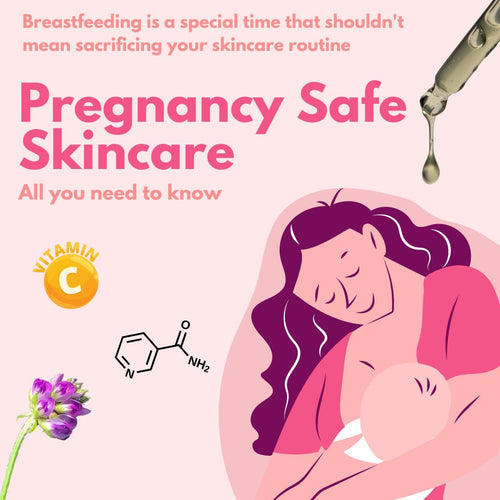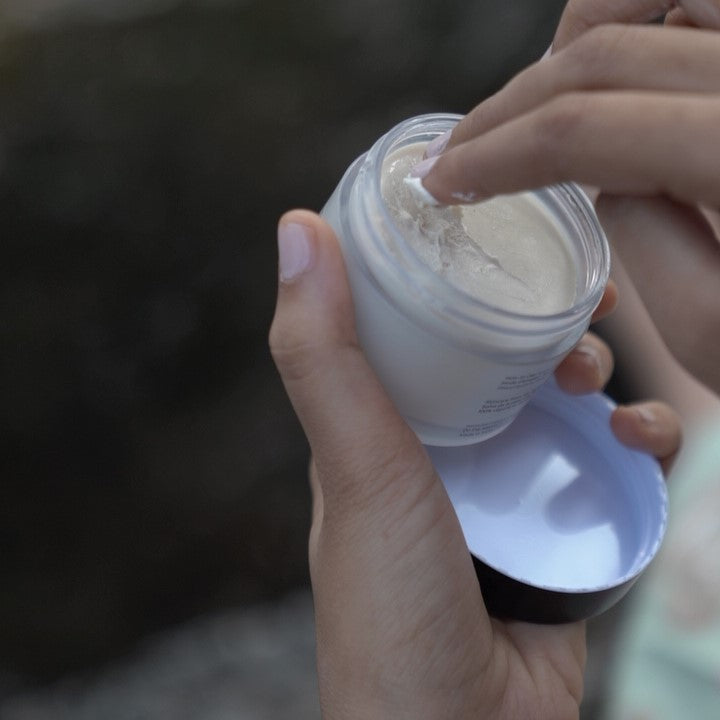Dealing with skin blemishes, particularly white discoloration on skin, can be disheartening. Welcome to the 'Spotless Regimen'—a straightforward, effective guide crafted from dermatological expertise. This regimen offers practical, evidence-based solutions tailored for those eager to overcome their skin challenges. Here, you'll find user-centric advice that demystifies skincare routines and encourages a path to clearer, healthier skin.
Skin Blemishes:
Grasping the distinctions of skin blemishes is essential for their effective management and treatment. These marks, including acne, age spots, birthmarks, melasma and cysts, display a broad range of appearances and stem from diverse causes. While most blemishes on the face are benign, mainly impacting aesthetics and emotional health, knowing their potential origins is vital. This overview explores the science behind various blemishes and their common triggers, offering a comprehensive base for recognising and addressing different skin imperfections.
Causes/Triggers:
Skin blemishes can result from various factors, including genetic conditions, environmental elements and infections. Viruses can cause warts and molluscum contagiosum (a skin infection leading to small, round white or pink painless bumps on the skin). Excessive sun exposure can exacerbate or cause blemishes by damaging skin cells, leading to hyperpigmentation. Additionally, clogged pores—a common culprit—are often the result of overactive sebaceous glands, compounded by the use of pore-blocking products like certain cosmetics and sunscreens. Using non-comedogenic products and keeping environments clean can help minimise these risks.
Significance of Blemish Colours:
The colour of your skin blemishes can serve as an insightful indicator of their underlying causes, making it crucial to understand what each hue may signify.
Red blemishes, such as pimples, rosacea, and allergic reactions, are common and can vary from mild to severe.
Brown marks often relate to conditions like hyperpigmentation or melasma, which result in dark patches on the skin.
White spots might indicate conditions like whiteheads or vitiligo, where a decrease in melanin causes pale patches.
Black blemishes could be as benign as blackheads or as serious as malignant melanoma..
Recognising these colours can guide your approach to skin care and treatment.
First Defence: Daily skincare
Daily skincare serves as your primary defence against skin blemishes.
Cleansing is crucial; use gentle, non-comedogenic cleansers to avoid irritating blemish-prone skin.
Moisturising plays a pivotal role, too; opt for lightweight, oil-free moisturisers that balance hydration without exacerbating oiliness.
Finally, never underestimate the importance of sun protection. Applying a broad-spectrum SPF daily protects against UV rays that can worsen blemishes and trigger hyperpigmentation.
Together, these practices fortify your skin's health and contribute to a clearer complexion.
Advanced Skincare Techniques:
These techniques can significantly enhance your regimen. Chemical peels remove the outer layer of the skin, reducing the appearance of blemishes and promoting a smoother, more even complexion. They can also unclog pores and improve skin texture. Meanwhile, plant-based retinoids like Bakuchiol and carrot root extract are potent derivatives of vitamin A, renowned for accelerating cell turnover and reducing inflammation. Regular use of such retinoids can diminish the visibility of blemishes, refine pores, and improve the overall health of your skin.
Lifestyle Adjustments:
Incorporating lifestyle adjustments is key to achieving blemish-free skin.
Diet and Skin Health: What to Eat and Avoid - A balanced diet rich in fruits, vegetables, and omega-3 fatty acids can enhance your skin's appearance, while processed foods and sugar should be limited.
Stress Management Techniques for Skin Care - Reducing stress through mindfulness, yoga, or regular exercise can significantly improve your skin health, as stress often exacerbates skin problems.
Adopting these practices can lead to clearer, healthier skin.
When to consider Professional Treatments:
Seeking professional treatments can be a pivotal step in your skin care regimen.
Understanding Dermatological Treatments - Dermatologists offer various solutions like chemical peels, laser therapy, and prescription medications, tailored to specific skin types and issues.
Deciding If Professional Treatment Is Right for You - Consider professional intervention if your blemishes persist despite home care. A consultation can determine the most effective treatments for your unique skin concerns, ensuring you receive personalised care that targets your specific needs.
Conclusion:
Achieving spotless skin requires consistent commitment to your skincare routine and lifestyle adjustments. It's crucial to customise these practices to meet your individual skin type and conditions, ensuring they work effectively for you. If blemishes persist, consulting a dermatologist might be a sensible step. Integrating expert advice, like the kind underpinned by quality products such as those from Karmic Skin, with your daily regimen can significantly enhance your journey towards a clear, radiant complexion. Remember, the secret to success lies in regularity and tailored care.




